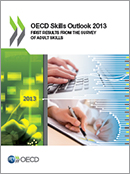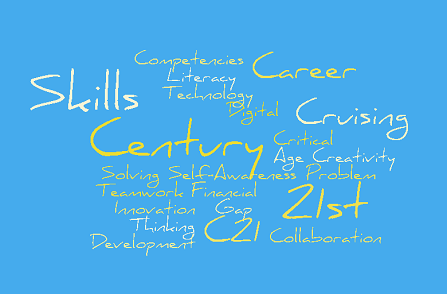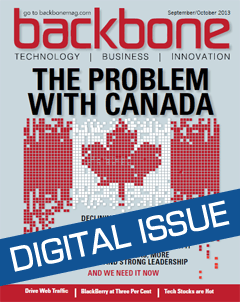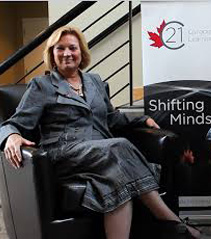 TORONTO, October 8, 2013- A major international study released today by the Organisation for Economic Co-operation and Development (OECD) shows that Canadians are increasingly embracing information and communications technologies (ICT) and are well positioned for the society and economy of the 21st century.
TORONTO, October 8, 2013- A major international study released today by the Organisation for Economic Co-operation and Development (OECD) shows that Canadians are increasingly embracing information and communications technologies (ICT) and are well positioned for the society and economy of the 21st century.
The Programme for the International Assessment of Adult Competencies (PIAAC) is OECD’s first-ever international study of skills needed for today’s world. PIAAC measures skills in literacy, numeracy, and problem solving in technology-rich environments (PS-TRE) among adults between the ages of 16 and 65, in 24 countries and sub-national regions. In Canada, more than 27,000 people were surveyed to allow findings at both the pan-Canadian and provincial and territorial levels as well as among off-reserve Aboriginal peoples, immigrants, and official-language minorities. PIAAC was sponsored in Canada by provincial and territorial ministries and departments responsible for education, under the aegis of the Council of Ministers of Education, Canada (CMEC), Employment and Social Development Canada (ESDC), and other partners. The survey was administered in Canada by Statistics Canada. As well as the OECD report, a companion pan-Canadian report is being released today.
Read the OECD Skills Outlook 2013 here.
Read the full Survey of Adult Skills (PIACC) here.





